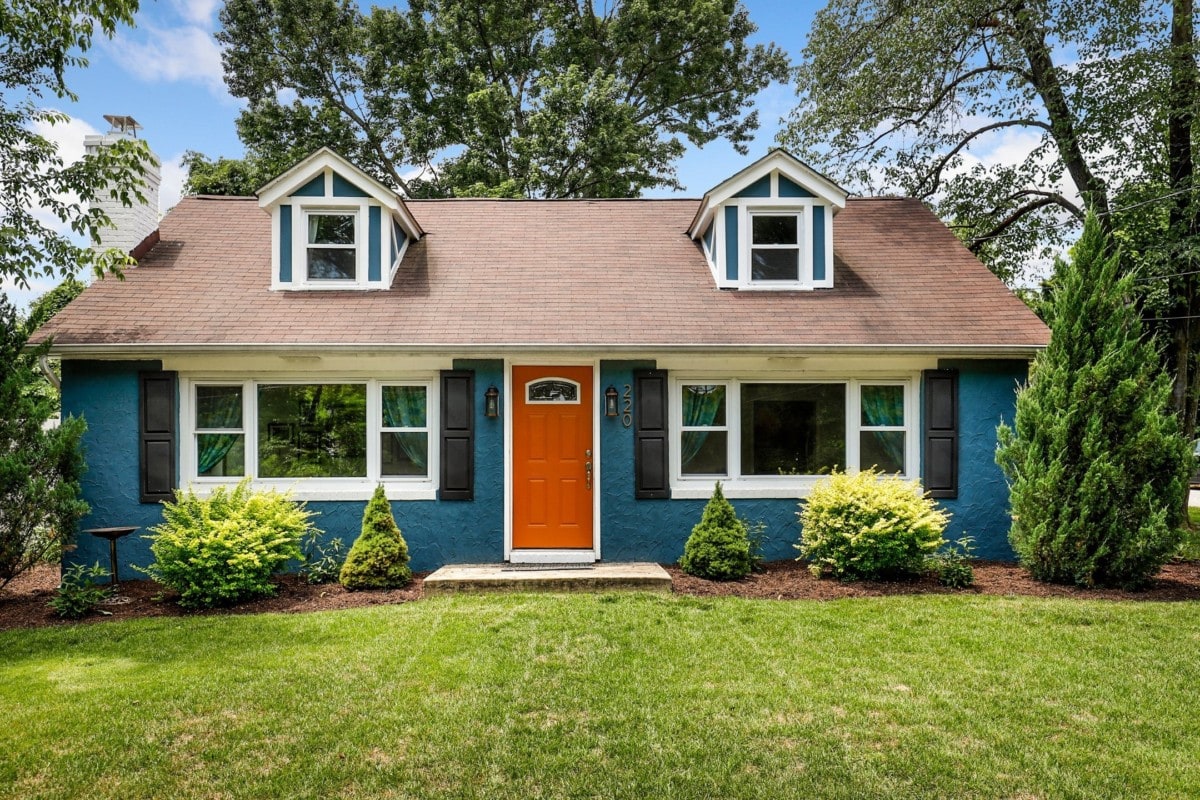Have you ever paused and wondered, how old is my house? For many homeowners across the UK, discovering the age of their property isn’t just a matter of curiosity—it can influence everything from renovation plans to property value. Knowing when your house was built helps you understand its history, architectural style, and condition. It can also shed light on potential maintenance issues and inform your decisions when it comes to selling or buying.
Understanding the age of your home connects you to the past while shaping your future. Whether you’re curious about heritage, looking to value my house online, or planning a sale, uncovering your house’s history is an important first step. This article will guide you through the best ways to find out how old is my house in the UK and explain why this knowledge matters.
Why Knowing How Old Is My House Matters
The age of your home plays a vital role in determining its overall value and appeal. Older homes often come with character and period features that many buyers love, such as original fireplaces, timber sash windows, or unique brickwork. However, older properties can also mean higher maintenance costs and potential issues like outdated wiring or insulation. When you ask, how old is my house, you are gathering information that could affect insurance premiums, mortgage options, and resale value.
For homeowners planning renovations, knowing the build date is crucial. Certain conservation rules apply to older properties, especially those listed or within protected zones, which can restrict changes. Additionally, energy efficiency standards have evolved, so knowing your house’s age can help you prioritise upgrades, like cavity wall insulation or double glazing. Overall, the question how old is my house is more than a query—it’s a key part of responsible homeownership.
How to Find Out When Your House Was Built
One of the easiest ways to discover how old is my house is to check the Land Registry. The HM Land Registry keeps records of property ownership and can provide details such as the registration date, which often closely follows the build year. You can access this information online for a small fee or through local council offices.
Your local council may also hold building control or planning application records that reveal the construction date. If your home is in a historic area, archives or local history centres might have old maps and documents that detail when your street or neighbourhood was developed. For newer homes, builders’ records or estate agents can sometimes provide construction details. Each of these sources helps answer the common question: how old is my house?
Useful Online Tools and Resources to Check Your Home’s Age
Technology has made it easier than ever to explore how old is my house from the comfort of your living room. Property portals like Zoopla and Rightmove often display the year a house was built or last renovated in their listing details. These sites can also provide an estimate of how much is my house worth based on local market data and recent sales.
Council tax records are another useful resource. The band your property falls into sometimes hints at its age, as councils group homes built around the same time for valuation purposes. You can also explore national heritage databases like Historic England if your home is a listed or period property. These online tools give you multiple ways to uncover your house’s past without extensive paperwork.
How Age Influences Your Property’s Value
When thinking about how old is my house, it’s important to consider how age impacts its market value. Older homes with period features may command a premium due to their unique character, especially in sought-after locations. Buyers who appreciate traditional design or historic charm are often willing to pay more, seeing these details as valuable additions rather than drawbacks.
Conversely, some buyers prefer newer builds for their modern layouts and lower maintenance needs. If your home is older but has been well maintained or updated, this can increase its worth significantly. Tools like Zoopla’s valuation service help answer what is my house worth UK by combining age, location, size, and recent sales data to provide a comprehensive market estimate.
Selling or Gifting an Older Home: What You Need to Know
Once you’ve discovered how old is my house, you might consider selling or even gifting your property. Selling an older home in the UK can involve additional considerations, especially if it has listed status or is part of a conservation area. Planning permissions and regulations might affect renovations or extensions that could influence your home’s appeal and price.
If you’re thinking about gifting your house to a family member, for example, can I sell my house to my son for £1? This is legally possible but comes with complex tax implications, including potential inheritance tax liabilities. It’s wise to consult with a solicitor or tax advisor before proceeding. Understanding the age and condition of your home will help you better navigate these decisions.
What If My House Is Haunted? Does It Affect Value?
Some homeowners ask, how old is my house only to discover strange stories or rumours that it might be haunted. While spooky tales can add character to your property, they might affect buyer perceptions. In the UK, there’s no legal obligation to disclose supernatural occurrences unless directly asked, but a haunted reputation can sometimes lower your home’s value or limit interested buyers.
On the flip side, some buyers find haunted homes intriguing and are willing to pay a premium for the novelty. Regardless of belief, it’s essential to be honest in your sale and focus on the tangible features of your property, like condition and location, which have a much bigger impact on value.
Conclusion
Understanding how old is my house is an essential part of responsible homeownership in the UK. From influencing your property’s value to guiding renovation plans and legal decisions, the age of your home matters more than many realise. With access to land records, online tools, and local archives, discovering your house’s history is easier than ever.
Whether you’re simply curious or preparing to sell my house, knowing when your property was built provides invaluable insight. It connects you to the past, helps manage the present, and informs the future of your home. So, take a moment, grab your address, and start exploring your property’s unique story today.
Quick Bullet Summary
- Knowing how old is my house influences value, insurance, and renovations.
- Land Registry and local councils are reliable sources for build dates.
- Online tools like Zoopla offer easy access to property age and value.
- Age affects market appeal; period features may add value but require upkeep.
- Selling or gifting older homes involves legal considerations, especially if listed.
- Haunted reputations can impact buyer interest but rarely affect price significantly.
- Understanding your home’s age helps with planning, valuing, and selling decisions.
You may also read: Ultimate Guide to Isolation Sol Maison Ancienne for a Warm and Energy-Efficient Home




